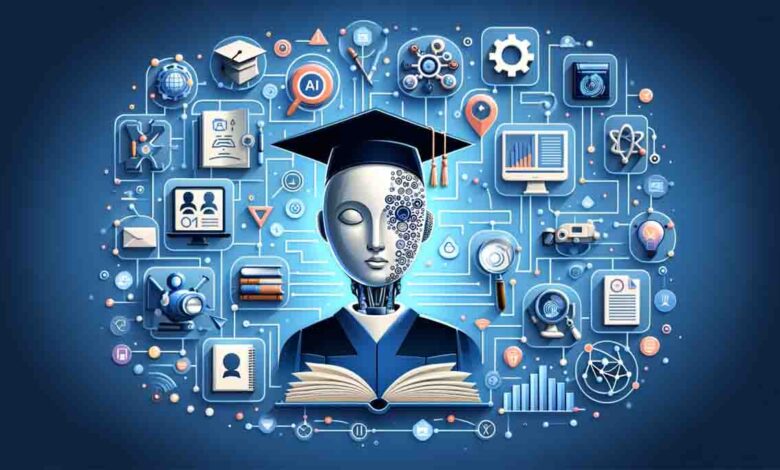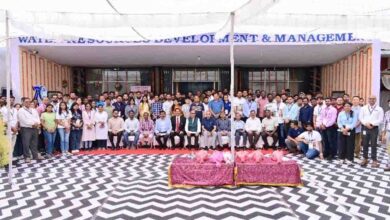AI in academia: Transforming teaching and learning

Sunday, 04 AUGUST 2024 | ANJALI YADAV | DEHRADUN
The advent of various Artificial Intelligence (AI) tools has brought changes in various sectors with the education sector being one of them. The use of AI in educational activities has brought changes in the work of both the students and the faculty. On the one hand, AI is being seen as an aid to enhance the quality of education while on the other hand it is being used as a shortcut by the students to complete their assignments without learning the intended material.
Dev Bhoomi Uttarakhand University faculty member Swati Kaushik said that about a year ago, the Faculty Development Programme (FDP) conducted by the National Institute of Technical Teachers Training and Research (NITTR), Chandigarh, introduced educators to AI tools to integrate these advancements into the teaching and learning process. “This initiative has brought considerable changes in the way we manage classrooms and deliver education. The FDP was a game-changer. It equipped us with the skills to utilise AI, teaching more efficiently and engagingly.”
A university student Kaushik Shukla said that AI adoption enhances education by empowering students with quick access to knowledge and fostering innovative ideas. However, it also presents challenges as teachers struggle to evaluate assignments accurately while the students often rely on AI tools, leading to a decline in actual learning.
Another university faculty member Navneesh Bharadwaj said that AI is a trendsetter in academics. All learners and educators can get immersive content for education with the help of AI.
Meanwhile, youths find AI very useful as it makes their work easier and faster. College student Sakshi Thapa said, “AI is useful because it makes our work easier and faster. It saves us time and doesn’t waste our entire day. You just need to input the information and you get the complete answer in a better format. But the problem is that AI has made our minds useless and has reduced our thinking capacity.”






